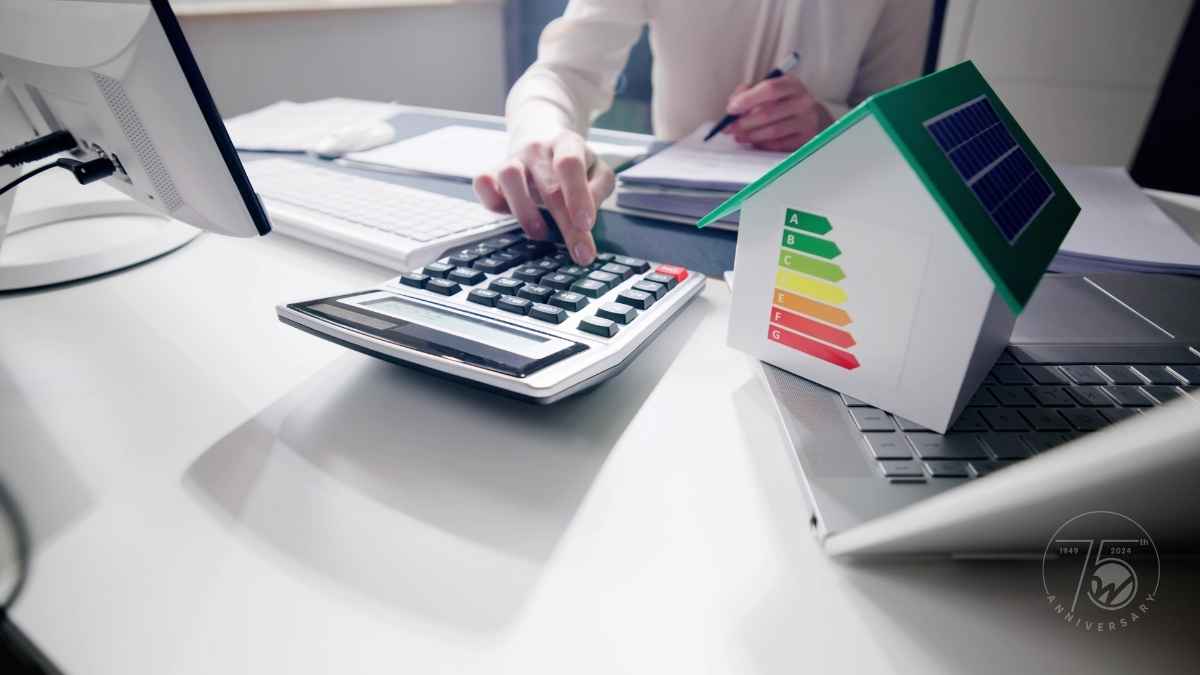The Inflation Reduction Act (IRA), enacted in 2022, created several tax credits aimed at promoting clean energy. If you have been considering making an eligible purchase, it may be best to do so before the end of 2024. While it is not a guarantee, the income administration has expressed a desire to eliminate or reduce some or all of these credits.
1. Home Energy Efficiency Improvements
Homeowners can benefit from several tax credits for making energy-efficient upgrades to their homes:
- Energy Efficient Home Improvement Credit: This credit covers 30% of the cost of eligible home improvements, such as installing energy-efficient windows, doors, and insulation. The maximum amount of the credit is $1,200 for these improvement. There cap for qualified heat pumps, water heaters, biomass stoves or biomass boilers is higher, at $2,000.
- Residential Clean Energy Credit: This credit is available for installing solar panels, wind turbines, geothermal heat pumps, and other renewable energy systems. It covers 30% of the cost. Unlike the Energy Efficient Home Improvement credit, it is not capped, meaning 30% of the total cost is eligible for the credit.
- Energy Efficient Property Credit: This credit covers 30% of the cost of installing solar water heaters and other renewable energy sources. It is similar to the Residential Clean Energy credit, and can provide a significant tax credits.
2. Clean Vehicle Tax Credit
Another one of the IRA provisions were changes to the clean vehicle tax credit. Under current law, a credit of up to $7,500 is available for qualifying new vehicles. There is also a credit for pre-owned vehicles of up to $4,000. There are several requirements to meet for the vehicle to be eligible for the credit. There is a government resource that can assist with determining if a particular make and model will qualify. There are also income limitations, which differ depending on filing status and if the new or pre-owned credit is being claimed.
The credit can be claimed when filing the tax return for 2024, or can be transferred to the dealer, who would then reduce the purchase price by the credit.
Along with the Federal credit, certain states offer their own version this credit.
3. Electric Vehicle Charging Equipment Credit
To further encourage adoption of electric vehicles, a credit is also offered for the cost of installing electric vehicle charging stations at your home. The credit is 30% up the cost, up to a limit of $1,000.
Act now
If considering a purchase eligible for the above credits, it may be beneficial to do so before the end of 2024. While not a given, President-Elect Trump has stated a desire to reduce or eliminate these credits during his campaign. By taking advantage of the credits in the current year, it eliminates the risk of the credits not existing or being as generous in 2025 and onward.
Your tax professional at Wegner CPAs can assist with questions about any of these credits.





